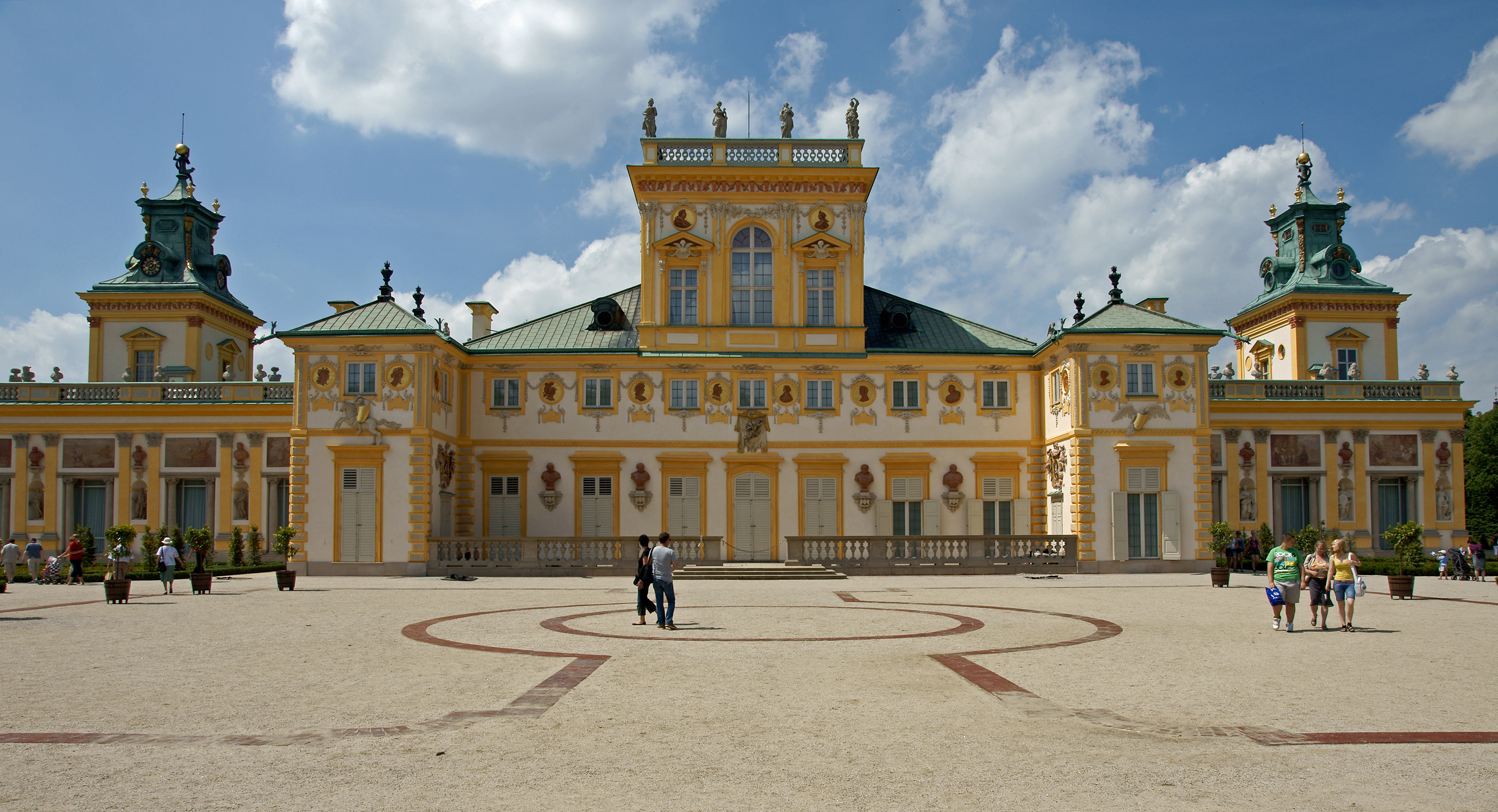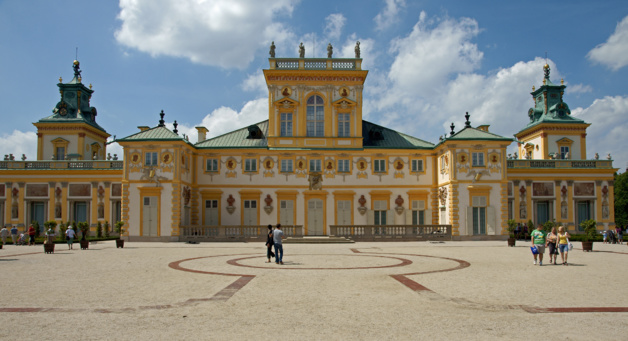Capital since the 16th Century, the city has suffered many wars, revolts and transformations. Its reconstruction after the German occupation lasted until 1977. Three years later, the old sector of Warsaw was added to the list of World Heritage sites by UNESCO. Since then, the capital has developed rapidly, notably culturally. The city is constantly in flux, and festivals for music, cinema, books and art come one after the other throughout the whole year.
The importance of memory in cultural life
This year, three festivals are dedicated to the Jewish culture. Through the Musical Festival of Jewish motifs, one can discover the history, tradition and identity, past and current of this community. The New Jewish Musical Festival for its part tries to see the influences of traditional Jewish tones on modern artists. They mix music, films and projects such as workshops. Finally, The Jewish Film Festival, in which the Camera David prize is awarded to a director, recognizing the best jewish filmmakers. The films chosen are all dedicated to the culture of their community, and it is the largest Jewish Film Festival in central Europe.
The Jewish Community is not the only one honoured at festivals that want to preserve the historic memory of the city and of the country: there are numerous music festivals dedicated to the great Polish classical musicians. There are concerts to celebrate Chopin’s birthday, that is so well known that a festival is dedicated entirely to it. Similarly, Mozart is celebrated through a festival organized by the Warsaw Opera, and Beethoven through a society that tries to popularize the music of the composer.
Activities for all tastes.
But the city does not just live in the past. In the festivals, there is something for every taste: there are a great number of jazz festivals-notably one that lasts the whole summer across the city, where people can enjoy musicians playing every day- orthodox choirs, Georgian songs, rock and metal groups etc. The number of artists is substantial.
There is one festival in particular that stands out: the Orange Warsaw festival, which every year hosts extremely famous artists from the pop and rock scene. A gathering organized eight years ago, it brings people together from all over Poland. In another category, the electro scene is playing a larger and larger role, notably thanks to the Burn Selector festival, which has been nominated every year, since 2009, for the best Medium Size Festival at the European Festival Awards. This year, the city also hosted the Electronic Beats Festival, which journeys around several large European cities.
Diversity is also very present in the other types of festivals, hosting the works of African directors and on themes focused on Human Rights, mime and physical theatre experts, as well as experts in modern dance or even typical Latin American dances.
Warsaw is therefore intended to be a city of well-being, open to everyone. It is because of this that the city has been nominated for the European Capital of Culture 2016, in which it could further explore this vibrant and dynamic side.





























